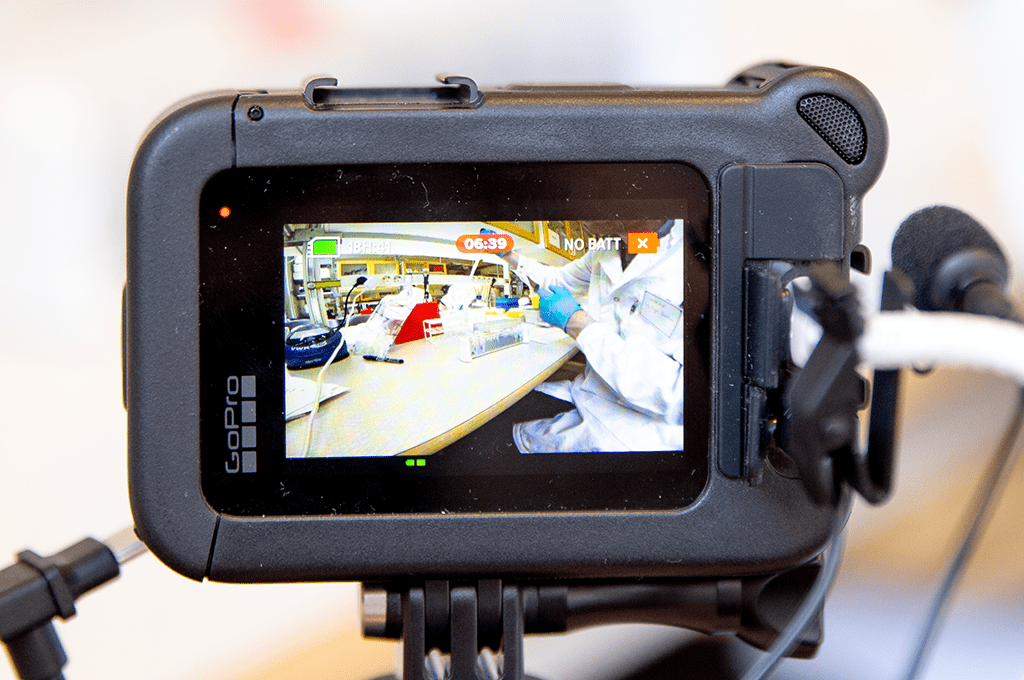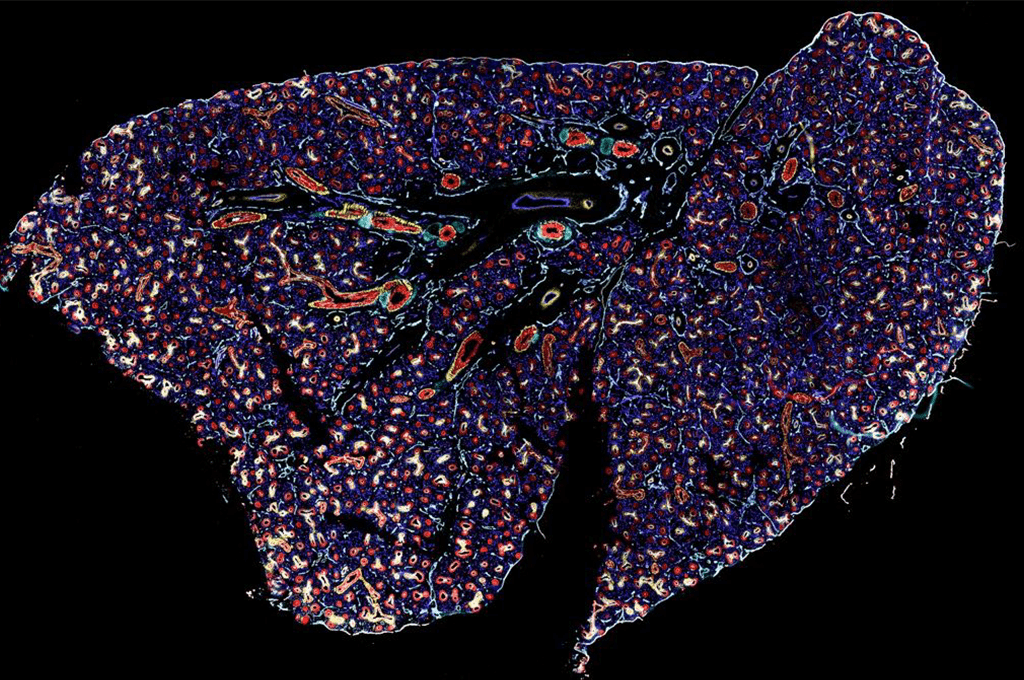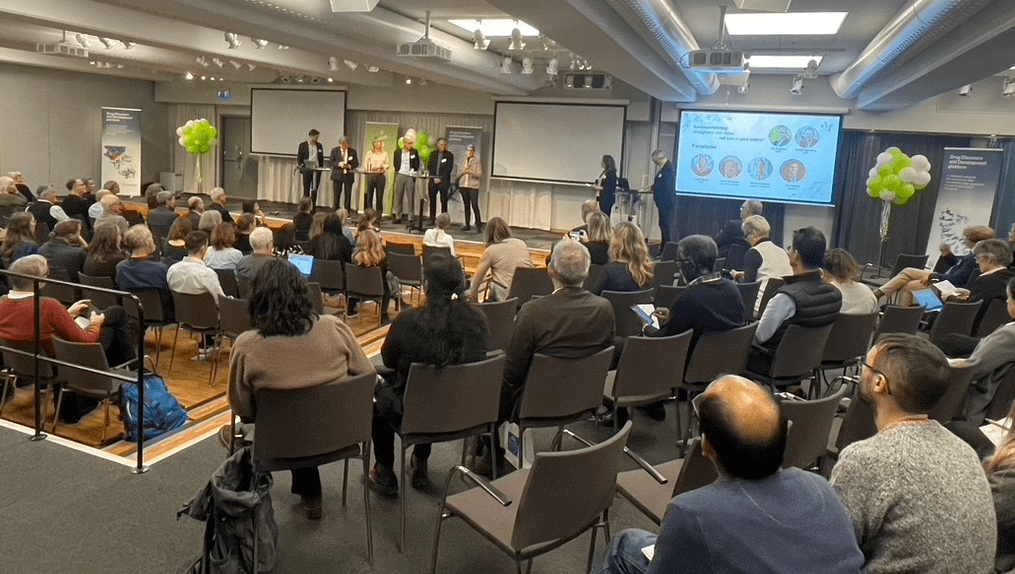NBIS-developed solution makes it easier to share genomic data
It is now possible to share genomic data among researchers in different European countries securely and legally. SciLifeLab bioinformatics platform National Bioinformatics Infrastructure Sweden (NBIS) has developed the Swedish node of the technology solution and, as the first pilot project, collected data on childhood tumors.
The solution is called “Federated EGA” (FEGA) and provides access to human genomic data for academic researchers in biomedicine. FEGA is based on raw data being submitted into a national node while the metadata (data about data) is entered into a central function, called EGA, where researchers can search for metadata and, upon approval, securely access raw data. “The development of FEGA Sweden has been made possible thanks to projects funded by Nordic e-Infrastructure Collaboration (NeIC) and good collaboration with our Nordic partners,” says Johan Viklund, product owner and CTO at NBIS.
“We are happy that NBIS as the Swedish FEGA node now can provide a solution for medical researchers who want to deposit human data in a secure and legally correct way,” says Bengt Persson, Director of NBIS and Head of Node ELIXIR-SE.
Approved ethical review is required to submit and access data. Additionally, the data controller must approve the applicant’s project description for encrypted data to be made accessible.
“Previously, researchers could submit and find data in EGA, but sensitive data had to be submitted in another country, which could lead to legal problems. With FEGA Sweden, data will be located in Sweden,” says Johan Viklund. Federated EGA currently has seven member countries (Sweden, Norway, Finland, Germany, Poland, Portugal, and Spain) as well as the central EGA node, but more countries are expected to join, in Europe and on other continents.
In Sweden, a pilot project with the Swedish childhood tumor biobank (Barntumörbanken, BTB) has been completed, and 161 files corresponding to approximately 26 TB have been submitted to our Swedish FEGA node. The aim is to improve the care and treatment of childhood cancer through medical research. In the future, BTB will primarily use FEGA Sweden to share data with other researchers.
The solution is applicable to all researchers in Swedish life sciences who study human data. The value for users is twofold: it becomes easier to make data available securely compared to storing data locally, and data becomes easier for other researchers to find. The possibility of reuse improves the chances of verifying scientific discoveries and reaching groundbreaking conclusions in new areas.
Anna Hagwall, project manager and Head of Human Data at NBIS looks forward to continuing to work through the waiting list of about 20 research groups’ data. The need is significant now that the doors are open to new users. “What we offer as pioneers in the field has already created added value in Europe among other countries interested in starting with FEGA, as well as in other similar projects for storing some type of biomedical data. Now we look forward to helping Swedish researchers utilize our solutions to simplify their everyday lives.”
Read more: https://fega.nbis.se/
Read the Uppsala University article (text: Annica Hulth)





